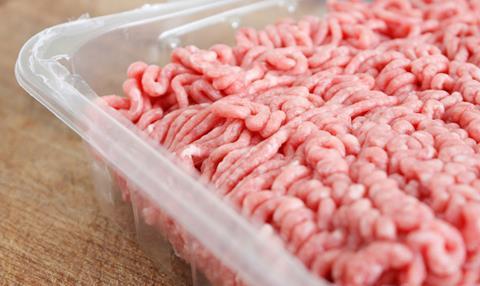According to a report on fresh food inflation from the British Retail Consortium (BRC), meat is inflating at a slower rate than other areas of the market.

The UK overall inflation rate was 6.4% in July, with food price inflation at a level of 13.4%. This is a decrease of 5.4% since food inflation hit its highest level in March, peaking at 19.2%.
Helen Dickinson OBE, chief executive of the BRC said: “Better news for consumers as shop price inflation in August eased to its lowest level since October 2022. This was driven by falling food inflation, particularly for fresh produce such as meat, potatoes and some cooking oils."
Meat, potato and cooking oil prices have risen at a slower rate, but the combination of India placing restrictions on its rice exports and Russia pulling from the Black Sea Grain Initiative have left BRC saying that there are "dark clouds on the horizon".
"Russia’s withdrawal from the Black Sea Grain Initiative and its targeting of Ukrainian grain facilities, as well as poor harvests across Europe and beyond, could serve as potential roadblocks to lower inflation."
Helen Dickinson OBE, BRC.
In August, Huw Pill, chief economist at the Bank of England, said: “Unfortunately the days of seeing food prices fall, that does seem to be something that we may not be seeing for a little while yet, if in the future at all.”
Dickinson added: “While inflation is on course to continue to fall thanks to retailers’ efforts, there are supply chain risks for retailers to navigate. Russia’s withdrawal from the Black Sea Grain Initiative and its targeting of Ukrainian grain facilities, as well as poor harvests across Europe and beyond, could serve as potential roadblocks to lower inflation. A potential £400 million hike to business rates bills from next April would certainly jeopardise efforts to tackle inflation unless the Chancellor intervenes.”
This story was originally published on a previous version of the Meat Management website and so there may be some missing images and formatting issues.












